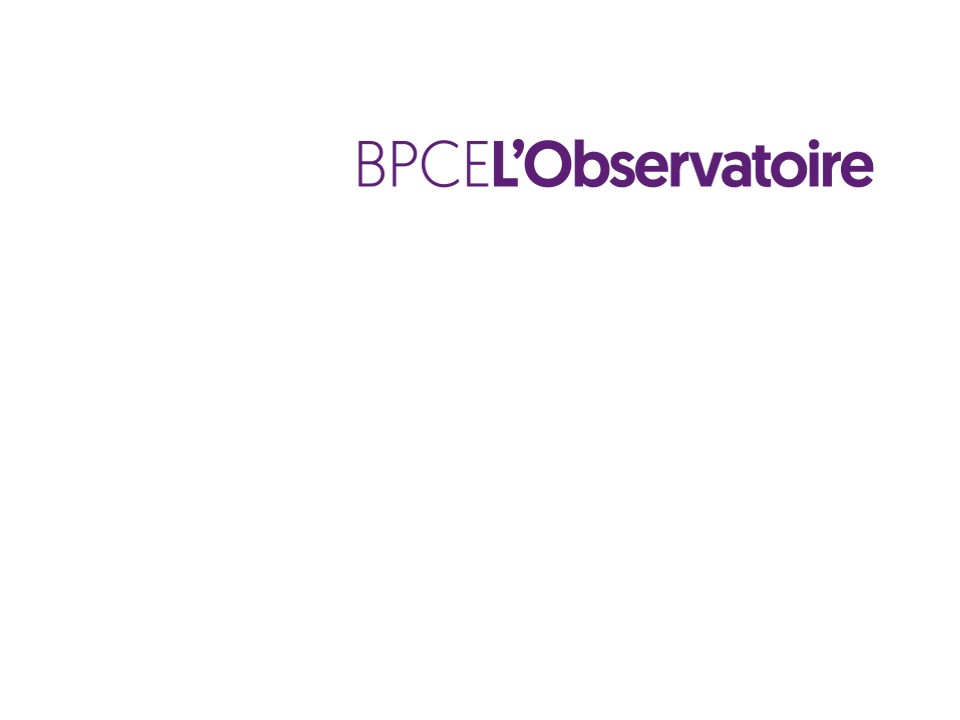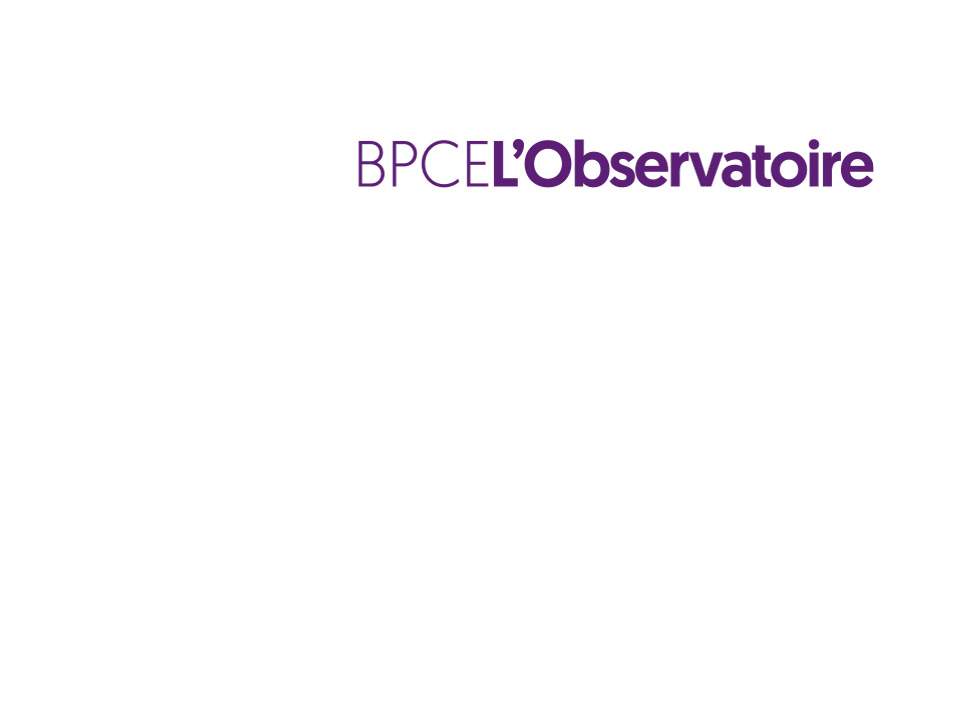

Environment for savings and financial investments in 2023
[February 2024] BPCE economists publish their review of 2023, a year of asset reallocation for French households.


2023, a year of unprecedented asset reallocation
In 2023, surpluses on household financial investments (excluding securities and cash) stood at €16bn, sinking to their lowest level in the past ten years. Net flows were chiefly driven downwards by massive outflows from sight deposits, home savings schemes, passbook savings accounts subject to tax, and euro-denominated life insurance products. In contrast, however, financial flows were buoyed up by unprecedented inflows into term accounts (+€76bn) and tax-free passbook savings accounts (+€69bn). These movements represent an unprecedented – albeit diverse – reallocation of assets. Last year, outflows from sight deposits stabilized at around -€5bn per month (when adjusted for seasonal variations). Since July, inflows to unit-linked life insurance products have failed to completely offset outflows from euro-denominated funds owing to the faster pace of benefit payments. Over the same period, inflows to term accounts gathered speed in the second half of the year (+€7.5bn per month when adjusted for seasonal variations), and monthly surpluses on the Livret d’Epargne Populaire (LEP) popular passbook savings account reached an average of €1.2bn in the last quarter of the year (adjusted for seasonal variations).
Securities held by French households: taste for diversification
The past year has seen a shift in the mix of securities held by French household towards fixed-income products. Over four quarters, the cumulative flow of securities has been driven chiefly by bonds and money-market mutual funds, while equities have largely fallen out of favor in household investment decisions. Cumulative flows over four quarters came to a total of €14.2bn in the third quarter of 2023, down €2.7bn compared with the third quarter of 2022. With data for the final quarter still to be released, it is unlikely that investment in securities will suffice to offset the low level of bank and life insurance flows. We can already expect household financial flows, including securities, to reach an all-time low in 2023.
Non-financial companies: towards the end of outflows?
In 2023, the size of outflows from sight deposits and passbook savings accounts held by non-financial companies was considerable (-€108bn and -€10bn respectively), taking bank investment flows to a negative -€28.5bn. The outflow was only stemmed by term deposits, thanks to record surpluses at the start of the year followed by stability at approximately €5bn per month (seasonally adjusted) since the month of March. Cumulative term deposit inflows over 12 months reached a record level (€87.8bn). With regard to securities, cumulative flows in the third quarter of 2023 reached €28.5bn, compared with -€0.6bn in the third quarter.